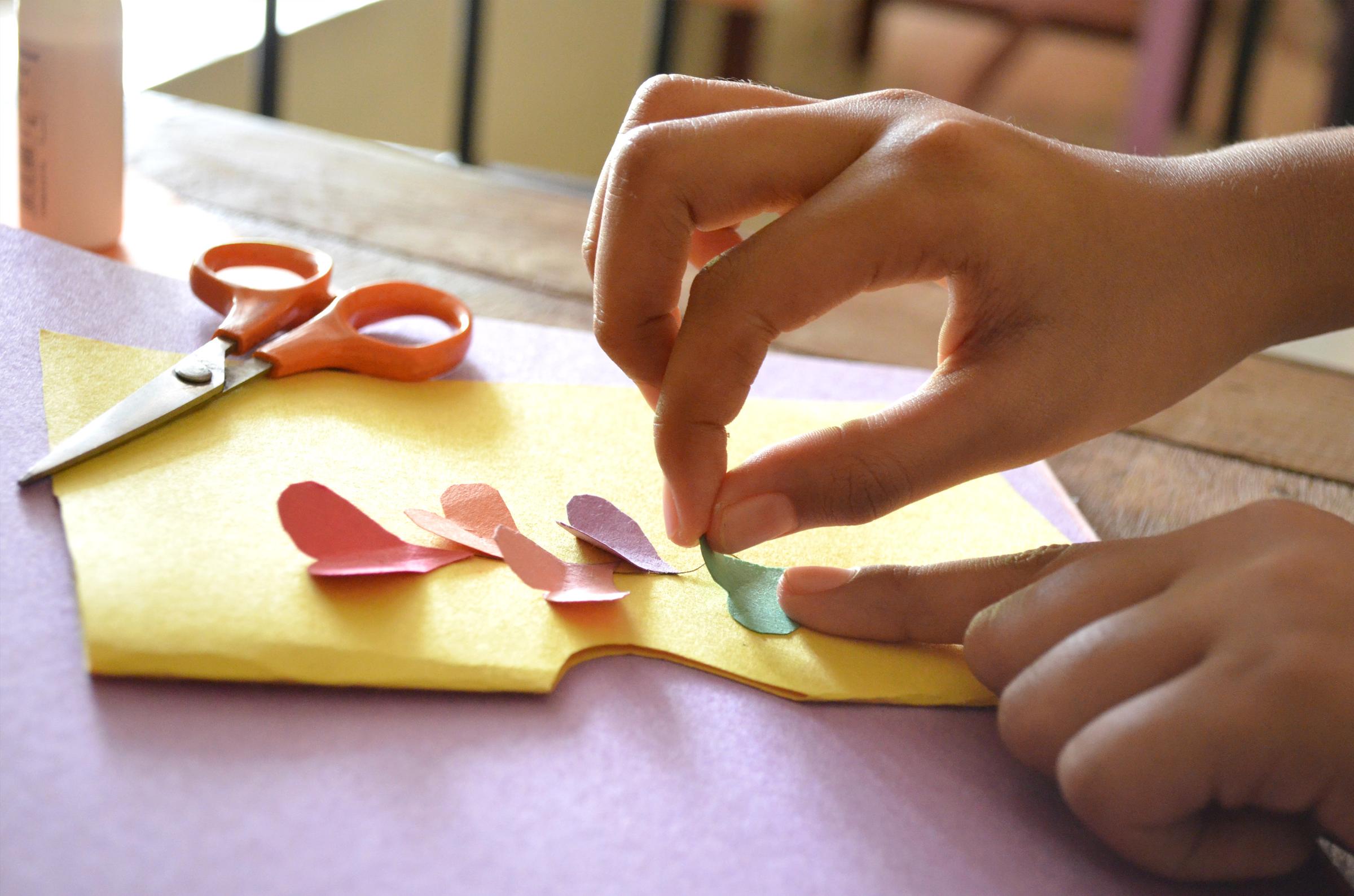Teaching and Learning

Developing Good Reading Habits
Reading is one of the most fundamental skills children need to learn to be successful.
Not only do good reading skills benefit students academically, they are also a skill required for lifelong success. Reading develops vocabulary, increases attention span, and promotes stronger critical thinking.
You can encourage your child to develop good reading habits by regularly reading with your children at home from a young age. Mem Fox would suggest a good target is 1000 books before your child starts school is the target. Reading together will allow your child to experience the joys that reading can bring and support them to develop a motivation to read.
However, every student learns and processes information differently. This means that some children may have a natural love of reading, and some may not.
If your child does not enjoy reading, don’t panic. As parents, there are many different strategies you can use to motivate your child to read.
First, it’s important to figure out why your child doesn’t like reading.
Why Doesn't my Child Like to Read?
Not every child likes to read. Some common reasons children don’t like to read include:
- Your child sees reading as a chore
- Your child experiences difficulty when reading
- Your child thinks reading is boring
- Your child hasn’t found the right book yet
The good news is that when you know why your child doesn’t like to read, you can address the issue and begin to make reading more enjoyable.
By learning to make reading fun, your child is more likely to develop a love of reading, encouraging better reading habits and making learning easier.
You Can Encourage Good Reading Habits by...
Creating a reading space for your child that is comfortable and purposeful
Encourage reading at home, on holidays, on car trips etc.
Be a reader yourself and model the enjoyment of reading
Make connections with reading and real life
Keep lots of reading materials in your house - create a library space
Visit your local library on a regular basis
Show genuine interest in what your child is reading and talk about reading often
Expose your child to different genres - non-fiction, fiction, poetry etc.
Read with and to your child and enjoy listening to them
Reading should be fun, not frustrating!
The ideas shared above may increase a child's interest in reading and build their learning confidence. With a little focus encouragement, you may give your child the reading boost they need.
If you require more support or further ideas, please don't hesitate to speak with your child's classroom teacher.
